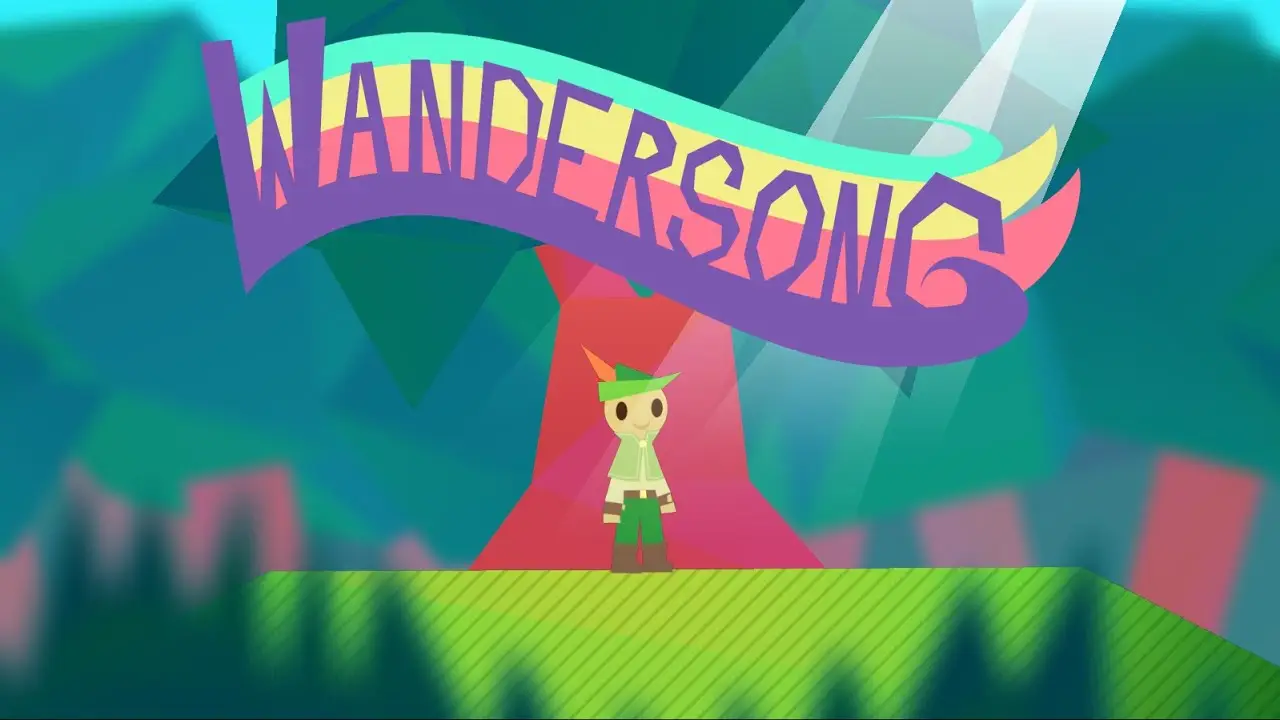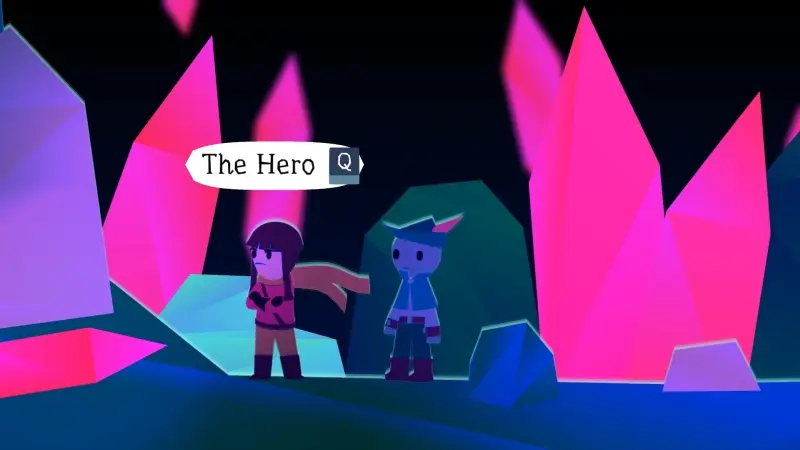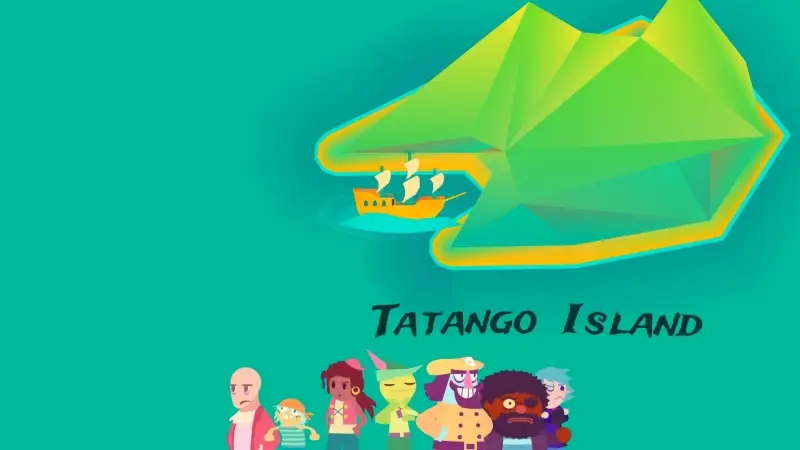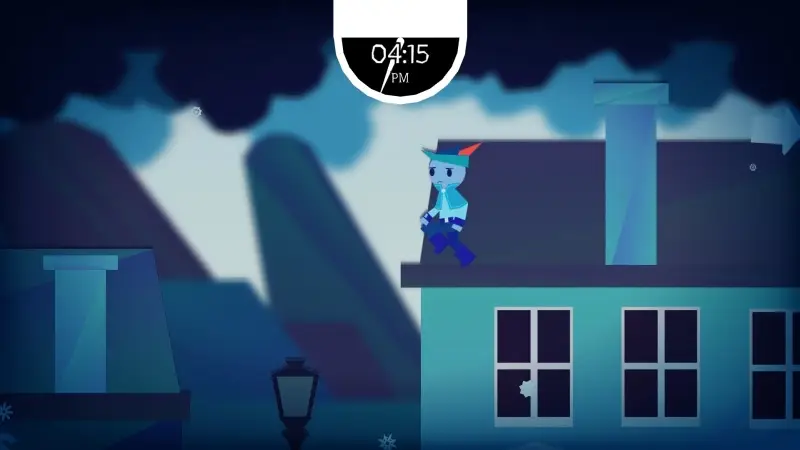Wondersong Analysis
I love game design. Playing games is fun yes, but watching a Youtube video essay picking apart some games decision or design is even better. I also want to create and design my own games. So I'm going to start writing down some of my own thoughts on games I've played and think are worth exploring. These will be more like ramblings then formal essays, so sorry about that. First up is...

I just started reading "the Art of Dramatic Writing" by Lajos Egri. It main focus is on writing plays, but I think his thoughts apply to any sort of story. (I hope that continues to be the case in future chapters, because I don't actually really care about theater). In its first chapter he talks about every play/story needs a central theme or Premise. Romeo and Juliet's premise is "great love defies even death", King Lear's is "Blind trust leads to destruction", Macbeth: "Ruthless ambition leads to destruction", Othello: "Jealousy leads to destruction"... the guy really likes tragedies. If I had to pick a theme/premise for Wandersong, it would be "The world needs Compassion, not violence".
The tl;dr of Wandersong is that you play as a Bard on a quest to stop the worlds destruction. You as the player literally cannot do anything violent, you can only sing. Miriam, your grumpy witch companion, knee-jerk solution to all problems /is/ violence. The bard then finds an alternative solution to the problem, often involving singing. That alone is a pretty obviously way to show your theme. But I think the progression of Miriam is the thing that actually convinces the player of the themes argument. That's because throughout the story, Miriam becomes convinced. She watches the bard bring people together, and slowly moves from "this is stupid, let me blow things up" to working with him. I think the player goes through that same progression. Even though you're playing as the Bard, Miriam is the real surrogate for the player. I think that's pretty neat.

Oh ya, and the main "villain" in Wandersong is the generic RPG hero from every other game, but they're violence is literally the thing bringing an end to the world. not super subtle, but the interactions between the Bard and this hero-villain are really well written!

the games central mechanic of singing also helps enforce this in subtle ways. Most times the bard is singing, hes singing with other characters. I honestly think think the singing part of this is less important then the fact that it literally brings those characters together. To be honest for a game about music I really didn't like a majority of the songs.. This mechanic could have been many other things: baking, dancing (although there is a dedicated dance button, it doesn't really do much), or wood working.
Separate from the theme stuff, the game does a great job of borrowing other ideas without stealing them.

In one part you sail on a ship throughout a set of islands, invoking the feeling of tLoZ: Wind Waker.

In another section your stuck in a town that has a full day cycle were characters move through their schedule just like Clock Town in tLoZ: Majoras Mask. I think the creator is a Zelda fan. To me Wandersong sets the standard for how to pay homage to the games you love.
Some random last minute thoughts:
- the games pretty easy, but that's ok
- I like the games paper cut-out art style. Specifically the key-frame based animations (I'm so glad they didn't use that tweening style all those mobile games use, it think those look like crap). My 2 complaints are that sometimes it was hard to tell what was the background vs foreground, and the colors were sometimes too saturated
- said it before, but for a game all about music I really didn't like a whole lot of the soundtrack. "the Dream King" is nice though
- all the writing is top notch. So much so that I think I went through every single optional dialog.
- I really liked how different characters used different fonts or text decoration.
- the games length, around 8 hours, was perfect for me personally.
- it made me feel good playing it. You can tell the creators cared about their characters, and the story has a lot of heart. It's worth playing for that reason.